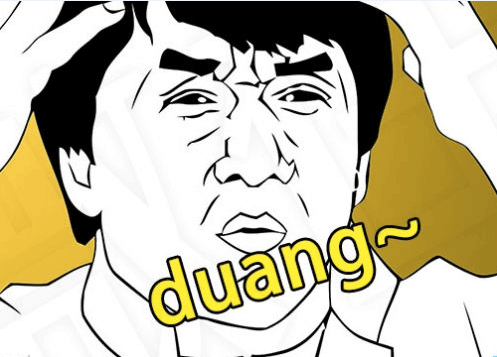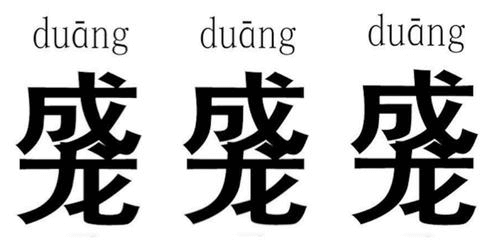Duang? What?
2016-01-05 06:32:08
2956
Memes and viral sensations are born and thrive on the Internet and sometimes it seems as though the web exists just to host these little explosions of funny pictures, clever wordplay or a clever video. While these are often good for a quick laugh, their ability to aid your language study shouldn’t be overlooked.

No doubt you’ve probably viewed and even forwarded a few of these during your time online, but have you ever stopped to think what a meme looks like in China?
About six weeks ago a made up word pronounced “dwong” that owed its genesis to kung fu legend Jackie Chan and a shampoo commercial exploded in China.
As per usual, these viral jokes are a bit hard to decipher but several years ago, Mr. Chan made a commercial for a shampoo company in which he describes hair that digitally altered to look more lustrous is “duaaaang.”
A contemporary netizen made a mash up of Jackie’s years-old hair commercial and a current pop music hit and a star was born. Other web users even created a character for the new word.
The new word was shared more than 9 million times on Weibo (China’s Twitter equivalent) and Chan even tweeted about the new word – bringing the irony full circle.

Sarcasm and humor reside in an important place in language and culture. However, if you want to understand the humor and sarcasm of the language, you must know the language well first. Taking conversational Chinese course will help you know the humor and sarcasm of Chinese better. Language is always evolving – to be truly successful and culturally fluent, it is important to listen to and participate a culture’s jokes…and in an increasingly digital world – that will often be in and around an Internet meme.











